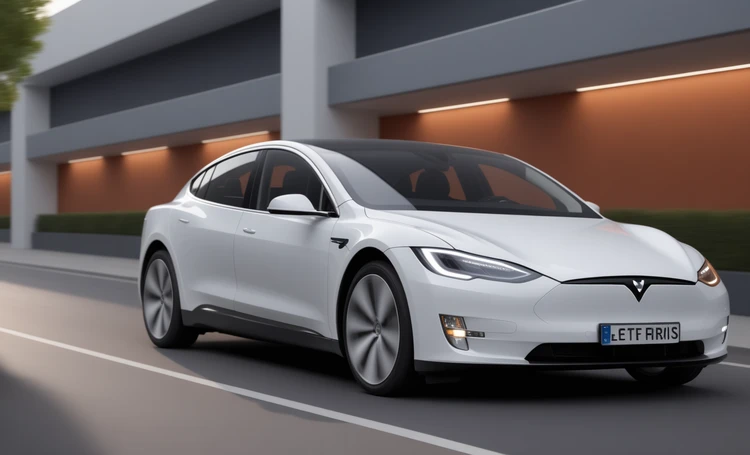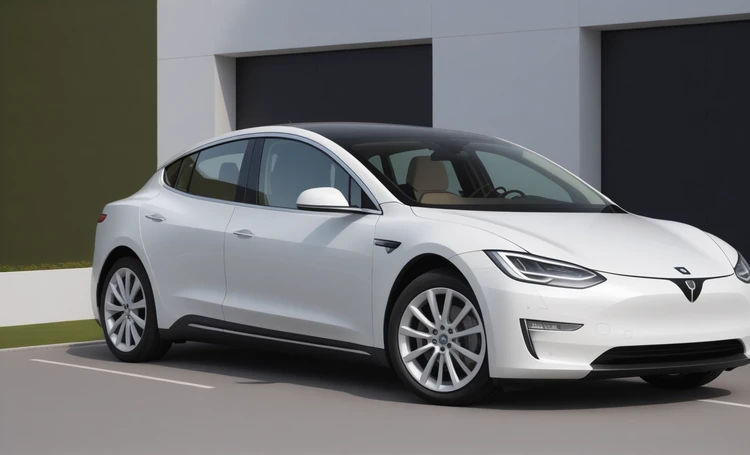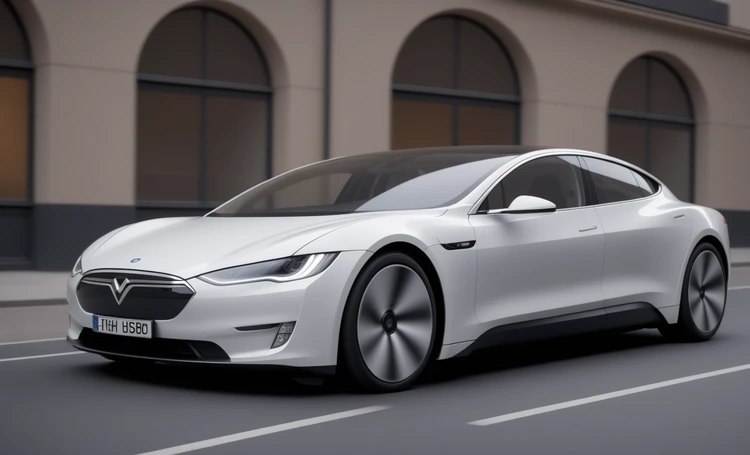🌍 Electric cars and their impact on the cost of annual tax
Today we will look at how electric cars affect the cost of annual tax in different countries around the world. This is relevant for anyone thinking about buying such a vehicle, because find out about the favorable annual tax conditions for electric vehicles here.
🚗 The impact of electric vehicles on the economy and the environment
Economic aspects
Electric vehicles are gradually replacing traditional internal combustion engine (ICE) vehicles, bringing significant changes to the economic models of many countries . An important aspect is the reduction of operating costs for electric vehicle owners. Thus, eliminating the need to purchase fuel and lower maintenance costs lead to significant cost savings. In addition, electric vehicles help reduce carbon dioxide emissions, which has a positive impact on the environment.
Environmental benefits
Electric cars are not only economical for your wallet, but also a contribution to environmental protection. They help reduce emissions of harmful substances into the atmosphere, as they do not use gasoline or diesel fuel. This makes them one of the key elements in the fight against global warming and improving air quality in cities.
💰 Annual tax on electric vehicles
Tax benefits in different countries
In many countries, including Germany and the United States, governments provide tax incentives for electric vehicle owners. This is done to stimulate the transition to environmentally friendly transport. Benefits may include a reduction or complete exemption from vehicle taxes, as well as tax credits and subsidies for the purchase of an electric vehicle. Such measures make electric vehicles more accessible to a wide range of consumers.
Examples of tax benefits
In the United States, for example, the federal government offers tax credits of up to $7,500 on the purchase of a new electric vehicle. In Germany, as part of the national program to stimulate sales of electric vehicles, significant subsidies are provided that can reduce the purchase price by thousands of euros.
Impact on annual tax cost
Electric cars generally have a much lower annual tax rate than petrol or diesel cars. In some cases they may be completely tax exempt. This significantly reduces owners' annual costs and makes operating electric vehicles even more profitable.
How the annual tax affects the choice of car
The choice of a car is often determined not only by its price, but also by the subsequent costs of its maintenance. The annual tax on electric cars in many countries is significantly lower than on cars with internal combustion engines, which makes them more attractive to buyers. Tax savings can be hundreds of dollars per year, which is an important factor when choosing between an electric vehicle and a traditional car.
🌐 The impact of tax policies on the spread of electric vehicles
Sales promotion
Government incentives and tax holidays play an important role in stimulating sales of electric vehicles. Such measures make electric vehicles more accessible to a wider range of consumers and help increase their market share.
Impact on the automotive market
The reduction in tax rates on electric vehicles has a significant impact on the automobile market. Car manufacturers are actively investing in the development of new electric vehicle models to meet growing demand. It also helps accelerate innovation in battery technology and electric propulsion.
📊 Statistics
Growth in electric vehicle sales
Sales of electric vehicles have increased significantly in recent years. Statistics show that the share of electric vehicles in the automobile markets of Europe and the USA is increasing every year. This is due not only to improved technology and increased range on a single charge, but also to tax incentive policies.
Economic benefits for consumers
Taking into account tax breaks and subsidies, the cost of owning an electric vehicle is in many cases lower than that of traditional cars. This makes them more attractive to consumers, especially given the constant rise in fuel prices.
Comparative analysis of tax systems
Comparing the tax systems of different countries, you can see that in Europe and the USA the annual tax on electric vehicles is significantly lower. For example, in the Netherlands, the tax on electric cars is significantly lower than on traditional cars, and in Norway, electric cars are completely exempt from tax. This encourages consumers to choose environmentally friendly transport.
Prospects for the development of the electric vehicle market
Given current trends, it can be assumed that the electric vehicle market will continue to grow. The increasing number of available models and improved charging infrastructure for electric vehicles, coupled with tax incentives, make them increasingly attractive to consumers.
🌟 Conclusion
Electric vehicles not only help reduce environmental pollution, but also have a significant impact on the economy. Tax incentives and subsidies make them accessible to a wide range of consumers. Given current environmental and economic trends, it is safe to say that electric vehicles play a key role in the future of the automotive industry.
In conclusion, we can say that electric cars are not only environmentally friendly, but also economical. The annual tax on these cars is significantly lower in many countries, making them an attractive option for those looking to save money and want to do their part to protect the environment.
📈 Table: Comparison of taxes on electric cars and ICE cars
For clarity, let’s present a comparison of annual taxes on electric cars and cars with internal combustion engines in different countries:
| A country | Electric car tax | Tax on internal combustion engines cars |
|---|---|---|
| USA | Low or absent | High |
| Germany | Low or absent | High |
| Netherlands | Short | High |
| Norway | Absent | High |
This table clearly demonstrates that owning an electric vehicle can significantly reduce your annual tax bill.
🌍 Results
In conclusion, looking at the impact of electric vehicles on annual tax value shows their significant economic benefits. Tax incentives and subsidies offered in different countries make electric vehicles affordable and attractive to consumers. Growing sales numbers and improving charging infrastructure only confirm their popularity and importance to modern society. As a result, electric vehicles are not only an environmentally responsible choice, but also a cost-effective solution for car owners.



